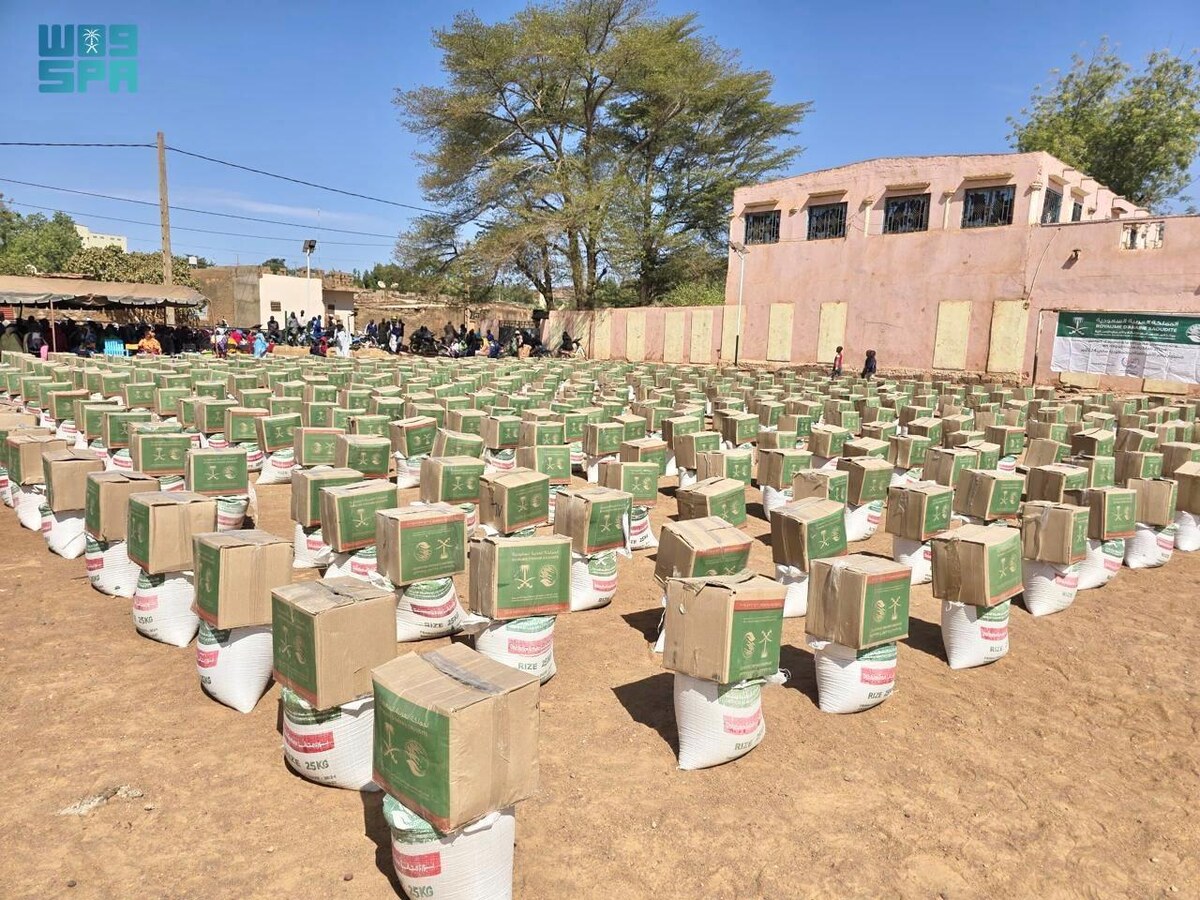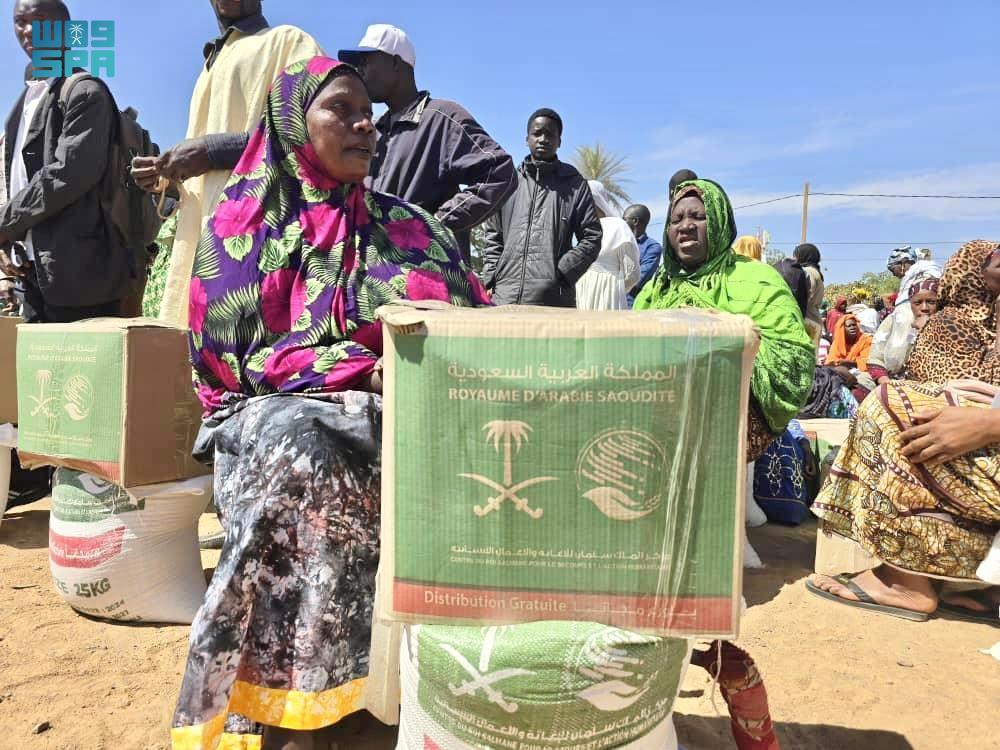ISLAMABAD: More rain, wind and thunderstorms are expected in the Punjab and Khyber Pakhtunkhwa provinces as well as the federal capital of Islamabad from May 27 till May 31, the Pakistan Meteorological Department (PMD) on Monday, two days after a thunderstorm coupled with heavy rain killed 18 people.
Moist currents are continuously penetrating upper and central parts of the country and under the influence of this weather system, isolated heavy rains and hailstorms are expected in Kashmir, Gilgit-Baltistan, Islamabad, Rawalpindi, Murree, Galliyat, Attock, Chakwal, Jhelum, Mianwali, Sargodha, Hafizabad, Mandi Bahauddin, Sialkot, Narowal, Okara, Lahore, Faisalabad, Jhang, Toba Tek Singh, Gujranwala, Gujrat and Sheikhupura.
In KP, rains and thunderstorms are likely to hit Chitral, Dir, Swat, Malakand, Mansehra, Battagram, Shangla, Kohistan, Abbottabad, Haripur, Peshawar, Mardan, Swabi, Nowshera, Mohmand, Khyber, Orakzai, Kurram, Bannu, Lakki Marwat, Kohat, Karak and Waziristan with occasional gaps during the forecast period.
“Windstorm/dust-thunderstorm/hailstorm and lightning may damage loose structures like electric poles, trees, vehicles and solar panels etc in upper/central parts including Islamabad,” the PMD warned in its advisory.
“Farmers are advised to manage their crop activities keeping in view the weather conditions. General public, travelers and tourists are advised to take precautionary measures during the weather activity.”
Similarly, windstorm with light-to-moderate rain-thunder is expected in Zhob, Ziarat, Barkhan, D.G. Khan, Rajanpur, Multan, Bhakkar, Layyah, Bahawalpur, Sahiwal, Pakpattan, Vehari and D.I. Khan on between May 27 and May 30.
The advisory came two days after 18 people died in storm-related incidents in the country’s most populous Punjab province, where Rawalpindi, Attock, Jhelum, Chakwal, Mianwali, Sialkot, Faisalabad, Sargodha, Gujranwala, Gujrat, Lahore, Narowal and adjoining regions were the most affected.
“When we included the losses of Jhang and two districts more, unfortunately 18 precious lives have been lost and 110 people were injured in Punjab,” Irfan Ali Kathia, head of the Punjab Provincial Disaster Management Authority Punjab, said in televised comments on Monday.
Last week, a child was killed and 11 people were injured as a thunderstorm hit upper parts of Pakistan, rescue officials said. In April, an intense hailstorm battered Pakistan’s capital and its surrounding areas. Several vehicles were damaged and house windows smashed as hailstones rained down from the sky on April 16.
Pakistan has seen erratic changes in its weather patterns which have led to frequent heat waves, untimely rains, storms, cyclones and droughts in recent years. Scientists have blamed the events on human-driven climate change.
In 2022, devastating floods, blamed on human-driven climate change, killed more than 1,700 Pakistanis, affected another 33 million and caused the country over $30 billion in economic losses.



















